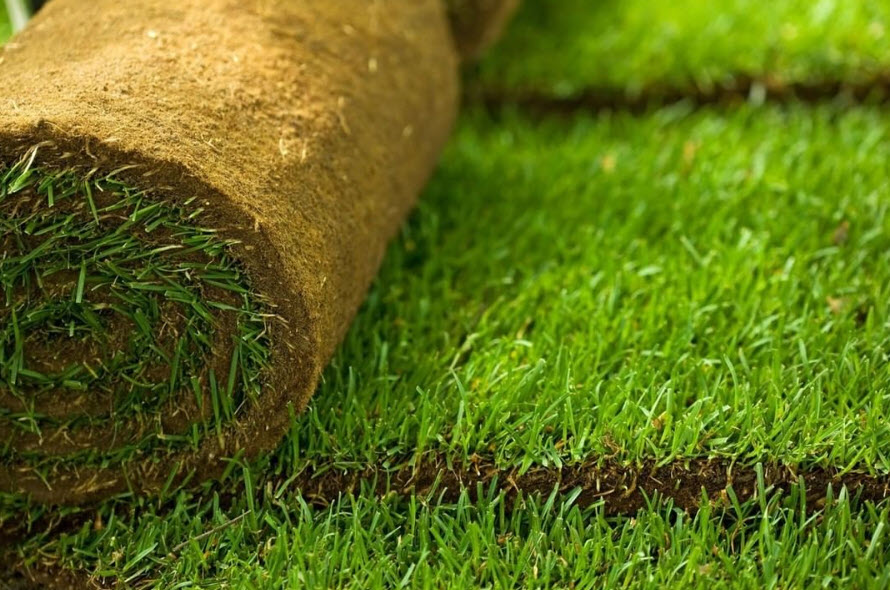A beautiful, lush lawn is the pride of any homeowner, but achieving that perfect green carpet requires careful consideration of the grass type that suits your region. Selecting the right grass for your climate, sunlight conditions, soil type, and water availability is crucial for a healthy and vibrant lawn. In this guide, we’ll walk you through the factors that influence your choice and provide valuable insights to help you make informed decisions.
- Understanding Your Climate:
Different grass species thrive in specific climate zones. Identify your region’s climate type – whether it’s cool-season, warm-season, or transitional – to determine the best grass varieties. For instance:
Cool-Season Grasses: Ideal for northern regions with cold winters and warm summers. Examples include Kentucky Bluegrass, Fescue, and Ryegrass.
Warm-Season Grasses: Thrive in hotter climates with mild winters. Bermuda grass, Zoysia grass, and St. Augustine grass are popular warm-season choices.
Transitional Grasses: Suited for areas experiencing both warm and cool seasons. Fine Fescue and Tall Fescue are examples of transitional grasses.
- Sunlight Requirements:
Consider the amount of sunlight your lawn receives daily. Different grass types have varying sunlight preferences:
Full Sun: Bermuda grass and Zoysia grass are sun-loving varieties that thrive in areas with ample sunlight.
Partial Sun/Partial Shade: Fescue and St. Augustine grass can tolerate a mix of sun and shade, making them suitable for lawns with partial sunlight exposure.
Shade-Tolerant: Fine Fescue is an excellent choice for areas with limited sunlight, such as under trees or near buildings.
- Soil Type and Quality:
Understanding your soil composition is essential for optimal grass growth. Test your soil to determine factors like pH, drainage, and nutrient levels:
Clay Soil: Bermuda grass and Zoysia grass handle compacted clay soil well, while Kentucky Bluegrass prefers well-draining soils.
Sandy Soil: St. Augustine grass thrives in sandy soils, while Ryegrass and Fine Fescue adapt well to various soil types.
- Water Requirements:
Efficient water usage is vital for maintaining a healthy lawn. Consider your region’s water availability and choose grass varieties accordingly:
Drought-Tolerant Grasses: Bermuda grass and Buffalo grass are known for their ability to withstand periods of drought.
Moderate Water Needs: Kentucky Bluegrass and Tall Fescue require regular watering but are not as water-intensive as some warm-season varieties.
Choosing the right grass for your region involves a thoughtful analysis of climate, sunlight, soil type, and water requirements. By considering these factors, you can create an environment where your chosen grass variety will thrive, resulting in a vibrant and resilient lawn that enhances the beauty of your home. Remember to regularly maintain your lawn, providing the necessary nutrients and care for optimal growth and longevity. With the right grass selection and proper care, you’ll be on your way to enjoying a picturesque and healthy lawn year-round.
Contact RCH Landscaping Today for a Free Estimate

